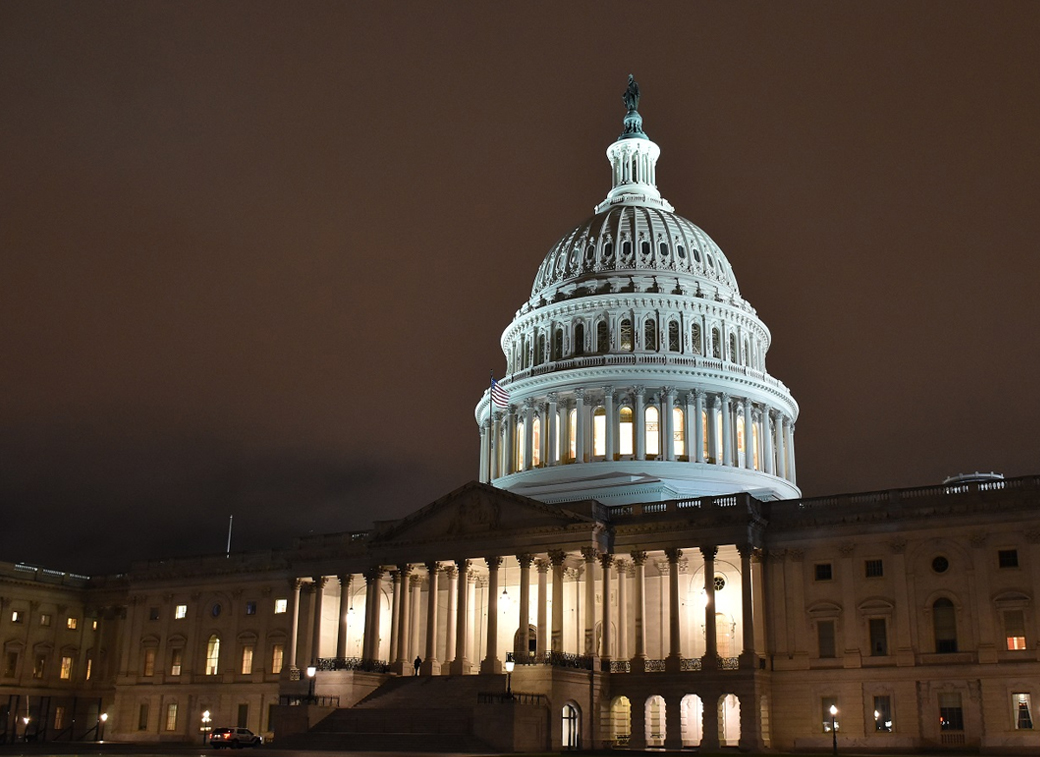A contribution to a Dissent magazine symposium on the 2010 midterm elections.
Reflections by other contributors to the Dissent magazine symposium on the 2010 elections can be found here.
Going into election day, the factors predicting a swing against the Democrats were no secret: since the 1930s, the party of the incumbent president has almost invariably lost seats in the midterms. Furthermore, given that in 2008 the Dems, holding onto Obama’s then-considerable coattails, won races in areas that would normally be considered enemy territory, it was foreseeable that many of these seats would return to Republican hands.
Take these losses, add in fallout from the worst economic crisis in three-quarters of a century, and I think you have a substantial accounting of the underlying elements that spurred right-wingers to go out celebrating this past Tuesday night and sent liberals to bed in distress or resignation.
That said, I believe three other aspects of the midterms also merit comment: the impact of money, movements, and misery.
First, money. As frequently noted as the tendency of the president’s party to lose votes during the midterms is the influence of corporate spending in elections, which has grown ever more pervasive in the wake of the Citizens United decision. Unchecked and undisclosed funding played some part in the defeat of Russ Feingold, who went down with principles intact, refusing to have outside parties run ads on his behalf. (The losses of veteran Feingold in the Senate and rookie Representative Tom Perriello in the House were particularly sad notes for progressives, just as the narrow win by Congressman Raul Grijalva in Arizona served as a bright one.)
Second, regarding social movements, I agree with those who have pointed to a failure by President Obama to effectively inspire his base. This was not so much a failure of public policy—the inability of the White House to pass enough legislation (although lower employment, produced by a larger stimulus, might have been helpful for the Democrats). Rather, as Marshall Ganz and others have contended, it was largely the result of the president’s preference for insider bargaining as a means of pushing forward his agenda, as opposed to marshalling grassroots forces (those that put Obama into office to begin with) to create pressure for change from without.
There is little question that a few percentage points greater turnout from an energized base would have yielded far more political dividends than any of the compromises the administration made in the name of moderation, pragmatism, and bipartisanship. Ask yourself: how many of the people you know who went out door-knocking for Obama two years ago put forth the same amount of effort this time around? I would guess you’d have a hard time finding any who did. (I confess that I, for one, did not.) The result was a relatively low-turnout election in which those who went to the polls were from the whiter, older, and more conservative segments of the electorate that cast votes in 2008. These people were not newly convinced that the Democrats were wrong; they believed it when they voted for John McCain two years ago.
Note, too, that while Tea Party bravado drew a lot of attention, it likely cost the Republicans winnable Senate seats in Delaware, Nevada, and Colorado.
Last: misery. Amid the volumes of post-election commentary that have already been produced in the first days since Tuesday’s results, there is one point I have not heard discussed. It involves what might be called the misery theory of social change. The midterm elections should put to rest the prevalent but unfounded notion that economic crises are prone to result in progressive—even revolutionary—gains, and that widespread suffering incites social advances.
Crises in a capitalist economy may be inevitable, as left theorists have long argued. But a crisis does not mean that the system ceases to exist. It means that, for a time, the reliable production of profit breaks down. The ranks of the jobless swell far beyond the number of people we think normal or acceptable to be unemployed. Families—usually the families of working people—lose their homes or their savings or both.
Unfortunately, as should now be as clear as ever, nothing about this naturally or inevitably leads to positive changes.
Many organizers will tell you that people take risks when motivated by hope and that they retreat when taken by fear. These days, there is plenty of fear to go around. May the midterm elections be the worst expression of it that is in store for our country.
__________
Photo credit: Ben Arp / Wikimedia Commons.
